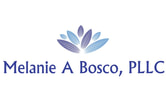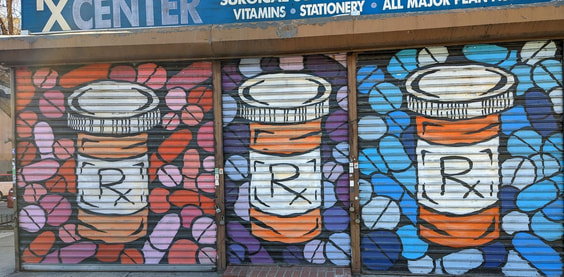|
I read an article this weekend in National Geographic that talked about some new research that has been taking place to study the power and effects of placebo. Placebo is a term that most of us have at least some familiarity with, thanks to pharmaceutical companies. In the late 60's to early 70's, the FDA began requiring drug companies to demonstrate that their medication was actually doing something. Most of these studies compared the results of their medication against a group that took a medication that had no active medication in it (a placebo); and neither group knew which got the medication and which got the placebo. In study after study, a surprisingly large number of people would report improvement with the placebo; a much larger improvement than the group that got no medication. This was surprising to many initially.
In case you are curious, Merriam Webster has a few definitions for placebo- a usually pharmacologically inert preparation prescribed more for the mental relief of the patient than for its actual effect on a disorder b: an inert or innocuous substance used especially in controlled experiments testing the efficacy of another substance (such as a drug) 2: something tending to soothe https://www.merriam-webster.com/dictionary/placebo As you can see, the second definition is the one that I referred to initially, but the first and third are the ones I want to focus on. The phenomenon of experiencing improvement with a placebo is termed the placebo effect. Studies that have specifically looked at the placebo effect have theorized that a person's belief that something would help was at the root of improvement with placebo. How amazing is that?? Thinking (and believing) that something would help can make it happen! To me, this idea was unbelievably powerful- If I believe that something will help, it is more likely to actually help. The power of thinking has become a cornerstone of the way I do therapy with clients, and is a foundational part of how I function on a day to day basis. The new research that the National Geographic article refers to gave subjects a placebo, and told them it's a placebo. The researchers explained to the participants that placebos have been shown to improve a person's condition. The results continued to show improvement, even when the participants knew they were taking a placebo. These studies further demonstrate that it is the belief that results in improvement. Although the placebo effect is generally related to medical conditions (and medication), the idea that your beliefs can influence how you feel has a more general application. So, I conclude by asking you this- are you using the power of your brain to better your life and situation? If the answer is no, what steps can you take to harness this amazing power? Feel free to reach out to me if you want to explore this further. https://www.nationalgeographic.com/magazine/article/why-a-placebo-can-workeven-when-you-know-its-fake?rid=E740AD16C88CC9B4B68125230FD1448B&cmpid=org%3Dngp%3A%3Amc%3Dcrm-email%3A%3Asrc%3Dngp%3A%3Acmp%3Deditorial%3A%3Aadd%3DHealth_20220626&loggedin=true https://www.psychologytoday.com/us/blog/brain-sense/201201/the-placebo-effect-how-it-works
0 Comments
|
AuthorI am a therapist- helping people to overcome difficulties and improve their lives. Archives
September 2022
Categories |
Site Links |
| ||||||||||||||
Site powered by Weebly. Managed by FreeLogoServices.com


 RSS Feed
RSS Feed
